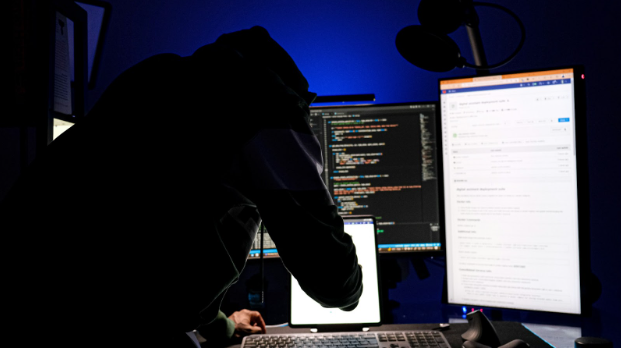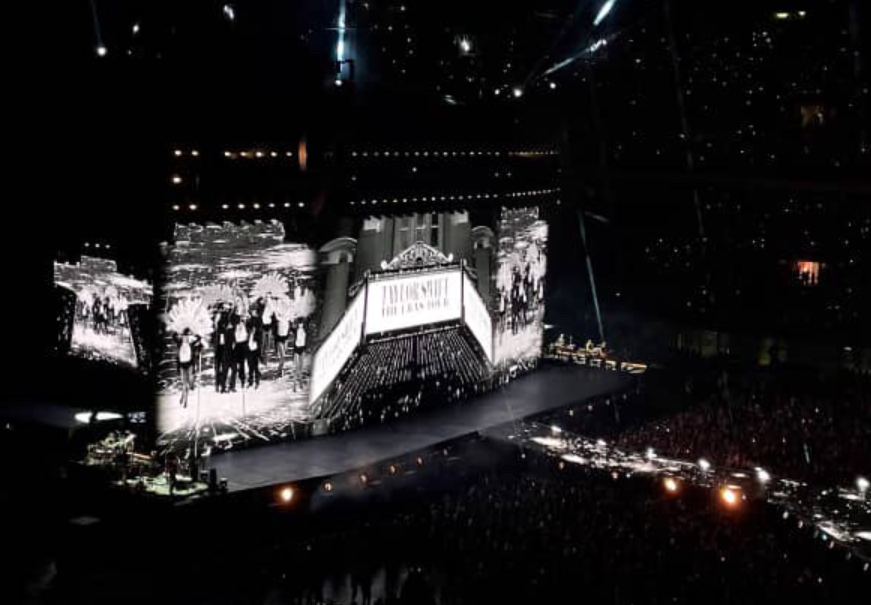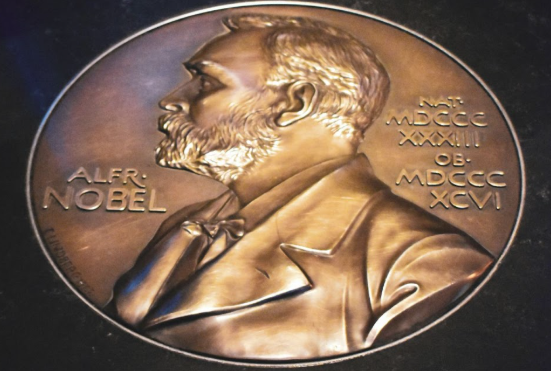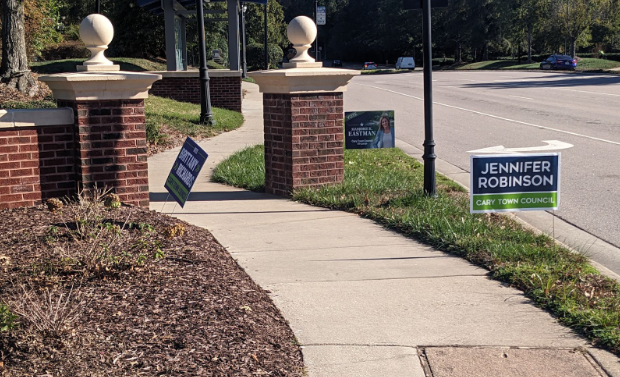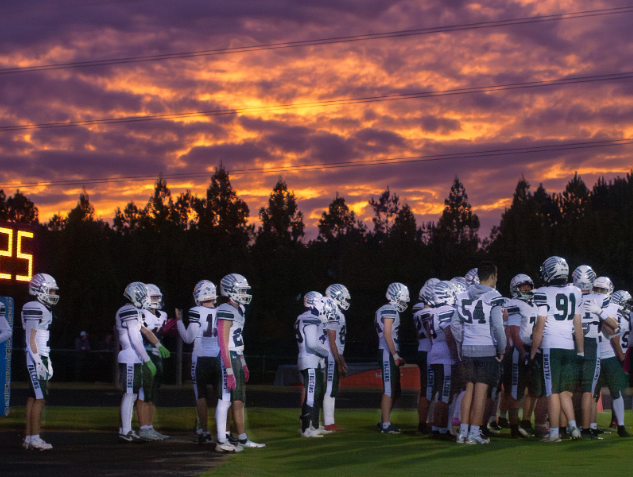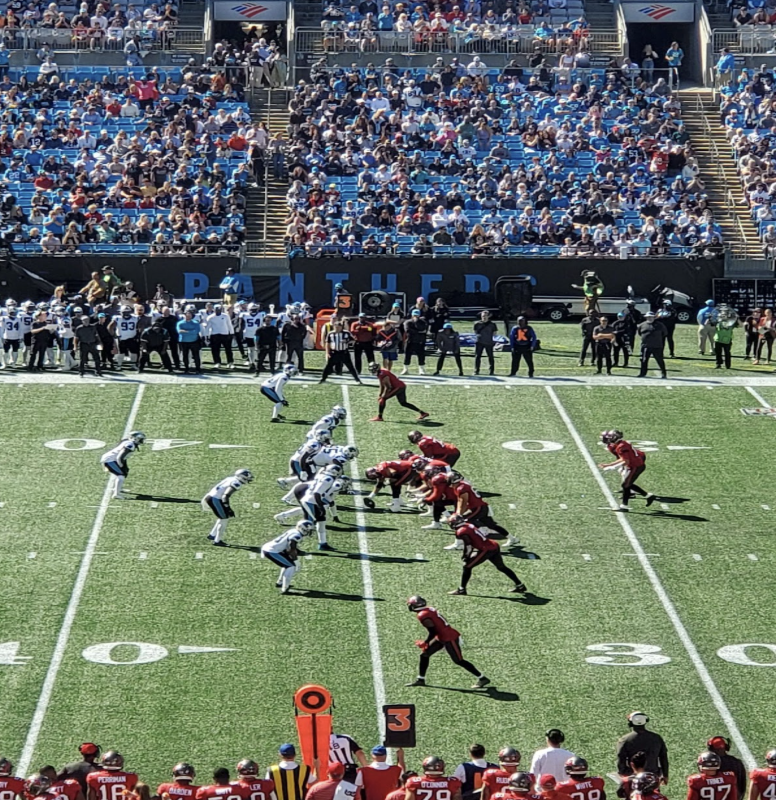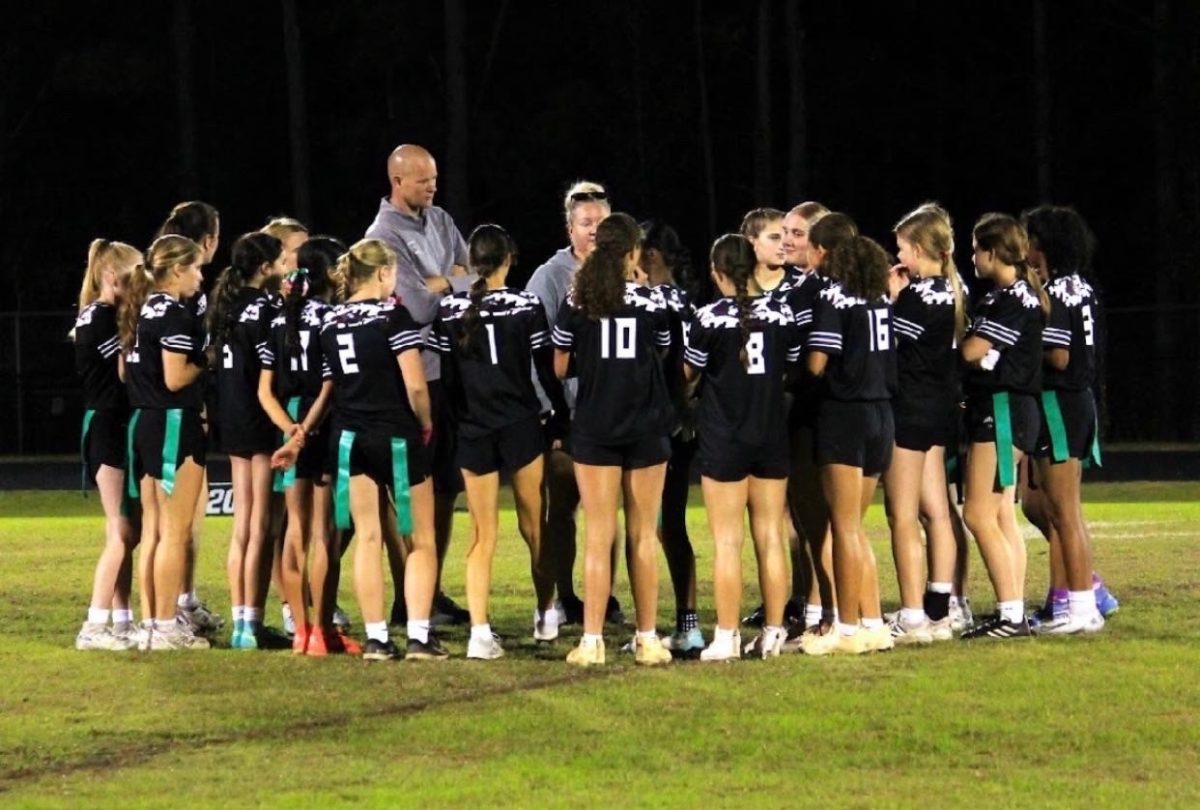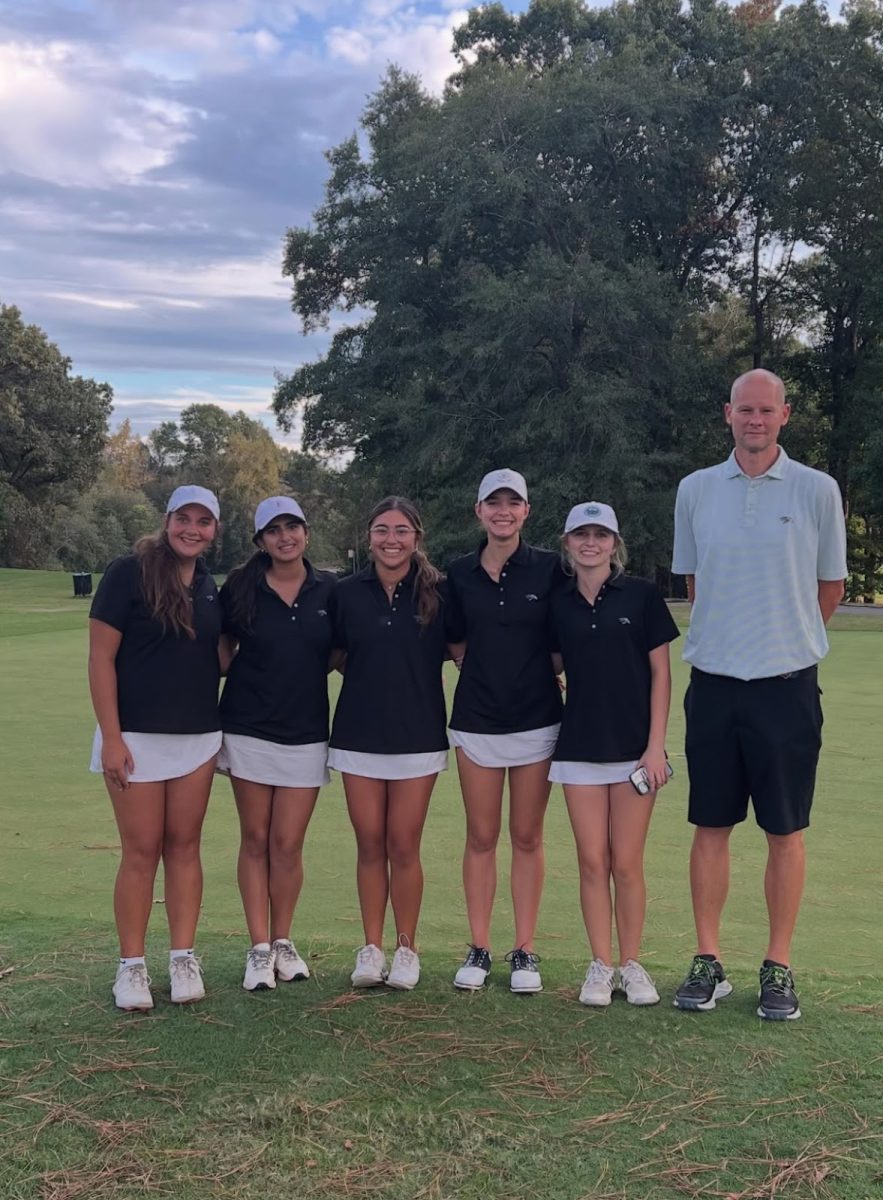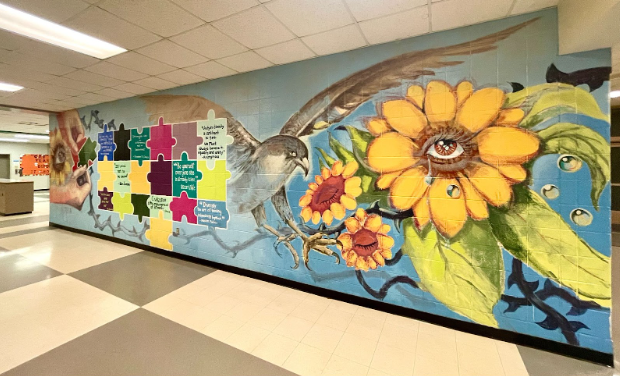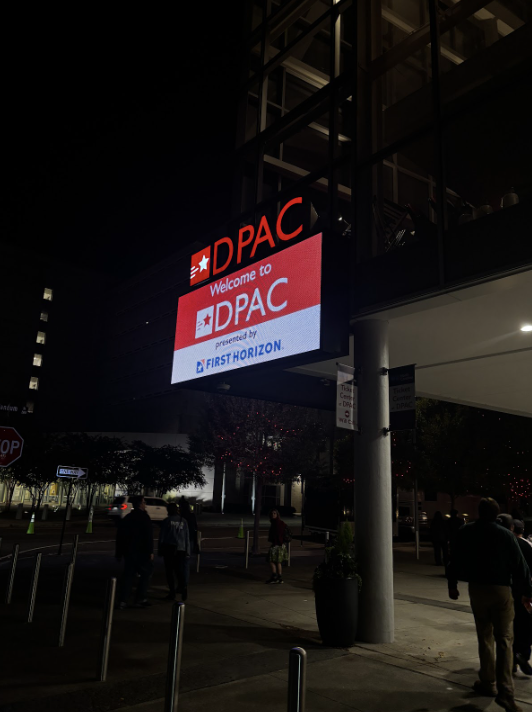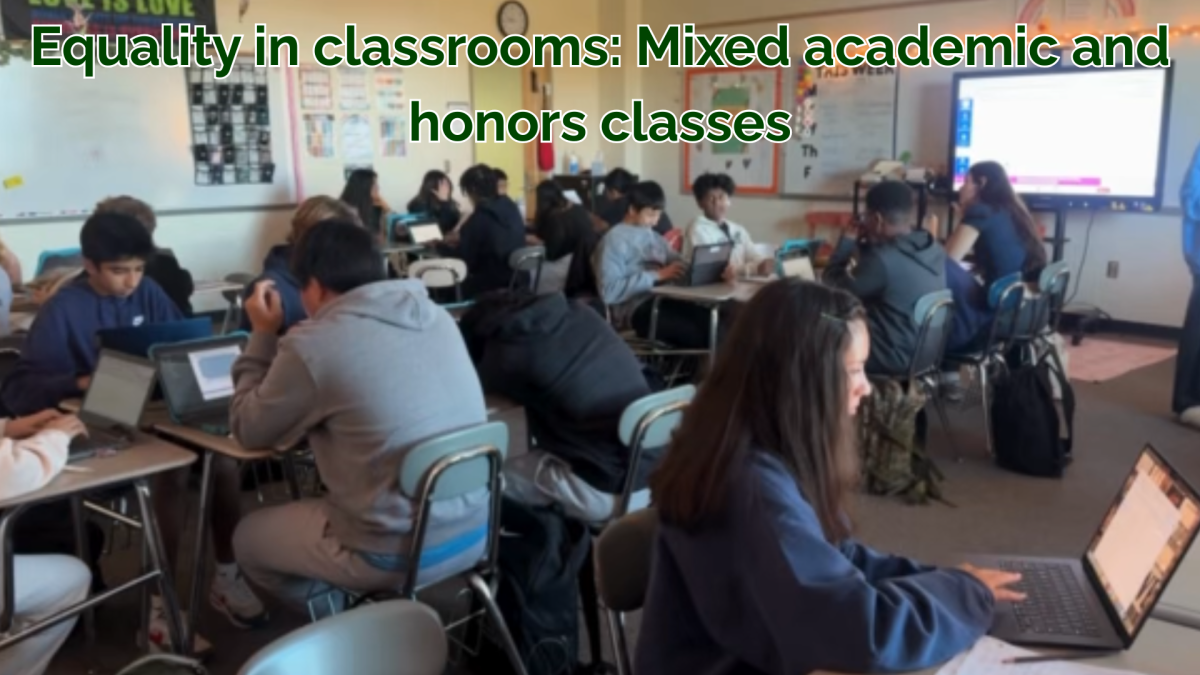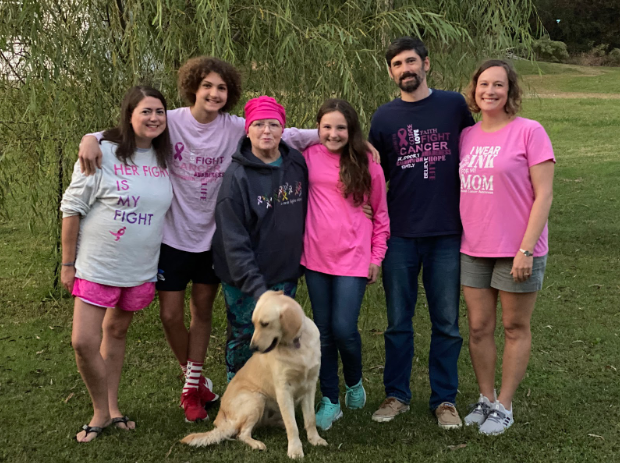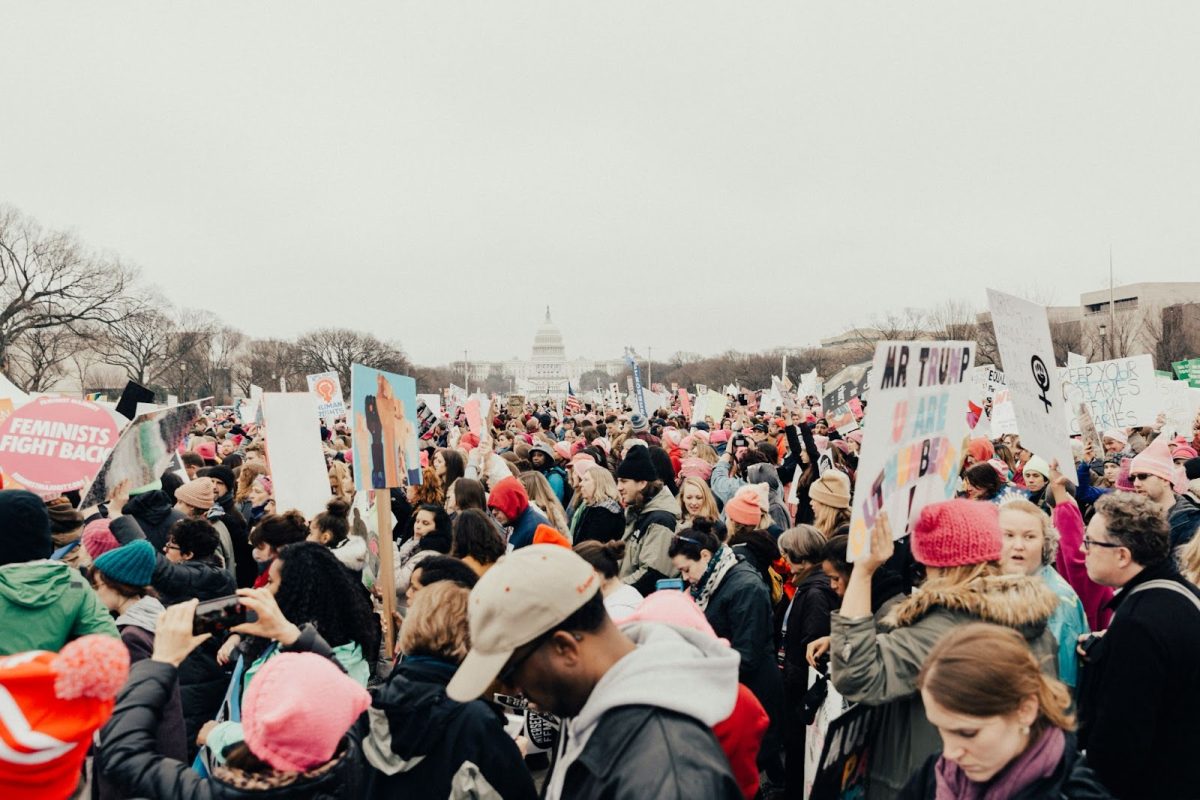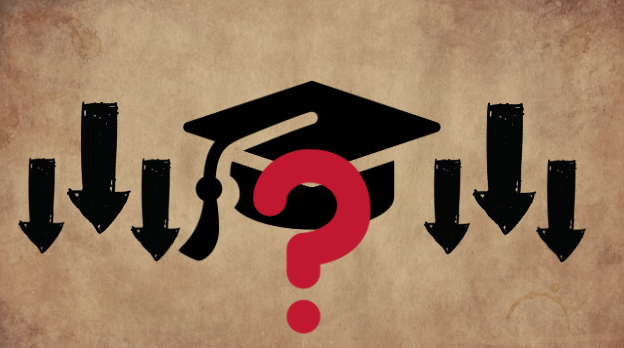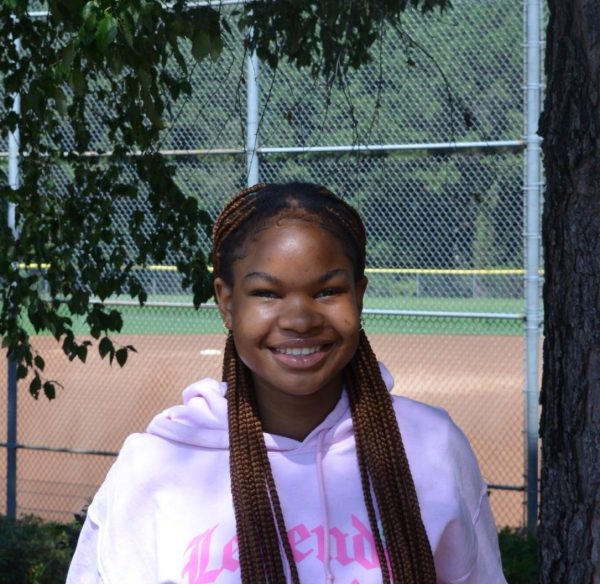Feminism is an evolving movement that addresses gender disparities across social, political and economic fields worldwide. It encompasses different perspectives and approaches that address the complexities of contemporary society and the idea of respecting women’s experiences, identities and strengths in efforts to empower them to realize their full rights. Feminism is an attempt to level the playing field between genders in managerial and decision-making roles as well as politics, and end gender-based violence. Modern feminism addresses many issues from combating stereotypes and closing gender gaps in education and work to fostering inclusivity. At schools with student bodies that represent varieties of backgrounds, feminism allows for discussions which relate to realistic challenges helping individuals address social dynamics and feel more represented in their community.
In some countries, feminism focuses on human rights such as freedom from violence and access to education, while others advocate for pay equity and political representation. Some feminist global movements include the #MeToo Movement, Ni Una Menos and youth led movements in Africa and Asia and many others. #MeToo is a survivor-led movement against violence, dedicated to create paths for justice, action and leadership for victims of gender-targeted violence. It sheds light on the prevalence of harassment and assault. The movement has empowered survivors all over the world to share their stories and demand compensation and accountability from institutions and individuals. Ni Una Menos originated in Latin America and translates to “Not One Woman Less.” The movement combats femicide- the murdering of women. Organisations like “Equality Now” and “African Women’s Development Fund” tackle issues of child marriages and access to education for women. Young people are at the forefront of many of these initiatives using technology and social media platforms like TikTok, Instagram and Twitter, using creative activism to amplify their voices and raise awareness. They provide fresh perspectives and innovative strategies to the movement. As tomorrow’s leaders, the youth are pushing more for inclusive feminism through protests and viral content.
Young people learn most of the values that shape their worldview from school. School tends to provide inclusive environments to explore ideas of equality and respect, making it a good place to accommodate feminist initiatives aimed at breaking down stereotypes and addressing biases. Feminism in schools provides a platform for students to reflect on the norms they are presented, like dress codes, which creates a learning environment that empowers students regardless of their gender. Feminism directly addresses many challenges young people face, from inequality in sports and disparities in dress codes and behavioral expectations, hence students engage with the movement through various ways. However, bringing feminism into schools does come with its obstacles; schools may lack resources to address the issues, some fail to account for how socioeconomic statuses intersect with gender and limit inclusivity while others may view feminism as unnecessary and cause for pushback initiatives instead.
The GHFalcon sat down with a few students who are actively engaged in feminist conversations and movements through feminist-oriented clubs at Green Hope. Their clubs create a space which encourages open dialogue about fostering environments where equity and empowerment are central values. One club in particular is “Empower Her,” created by Nabiha Rahman. They started off as a STEM club for women, and their main goals was to empower women to go after big opportunities. “There’s a lot of science behind the fact that girls aren’t as obliged to go for things like leadership positions in STEM fields. My goal is to find a way to empower girls through STEM,” Nabiha explained. Some of the activities she led included STEM expositions at schools, sticking encouraging notes on mirrors in the girls’ bathrooms and participating in breast cancer awareness. “It was a great way to start talking about issues that affect women, like cancer especially, and such a great opportunity to increase the connection in the Green Hope community,” she said. As a club for women in the STEM field, they participate in discussions about gender parity in the field. Nabiha mentioned, “It’s very common for a man who is not fully qualified to apply for a position whereas a female who ticks all the boxes won’t feel as obliged to apply for that same position.” Nabiha brings in female guest speakers who hold leadership positions in STEM to encourage women in the club that gender parity is possible and women are encouraged to go for those opportunities they think they are not fully qualified for because of their gender.
Last year the club members went to GE Aerospace to tour the facility and talk about the gender makeup of the workforce. The facility was made of less than 50% of female employees, and they were very excited to see the number of women interested in STEM fields. Over the years, Nabiha mentioned that the feminist movement at Green Hope has improved impressively, “I started the club in my freshman year and looking back, I think conversations about feminism and females in leadership, work, and other aspects have increased and become more inclusive. They have also become more frequent which is very important.” Some challenges involved with this movement include the stigma and lack of awareness associated with feminism. Some people view it as a distraction and a waste of time. Some students may not be as confident to join these clubs because they fear the opinions of others.
Green Hope students’ active engagement in feminist conversations have made the school a more inclusive environment by encouraging open conversations about initiatives. Their involvement sets an example for how schools can foster environments which promote equity and empowerment. Modern feminism addresses systemic inequities viewed as just in many parts of the world, it champions a just and more equitable world. For today’s young people, getting involved with feminist initiatives is a way to challenge biases and advocate for inclusivity. Students have the ability to be changemakers and bring global movements into their community to raise awareness and participate in equity-friendly activities in their school community.
Students are not only advocating for change within schools but are actually contributing to a global movement. Every person has a role in building the future where everyone has the opportunity to thrive, regardless of gender. At Green Hope, students have the chance to set examples of what a fair and equal community looks like.


